- By Ivan Chase

Hermit crabs can teach us about wealth inequality, according to a new study.
- By Brad Beaven

The idea of reducing the working week from an average of five days to four is gaining traction around the world.
- By Linying Dong

Recently Ontario released its Digital First for Health strategy — aiming to further digitize health care and end the problem of overcrowded hospitals and “hallway medicine.”

Early gifts used to be fruits or nuts, but as this act took on more importance, gifts became larger and less modest, and were placed under a tree.
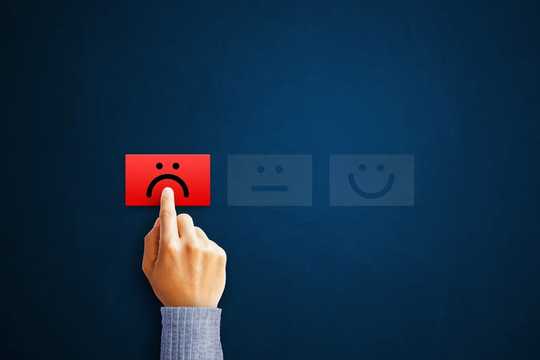
Some of the most hated companies in the U.S. are also the most profitable.
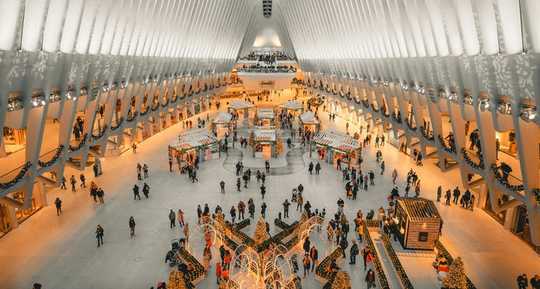
The year 2019 will be known as the year of retail closures in Canada and the United States.

The double-standards of gender “rules” in society have been disconcertingly evident of late.
- By John Quiggin

The disastrous experience of vocational education and training in Australia holds many lessons about trying to fit education into a for-profit market model

Generic prescription drugs have saved the U.S. about US$1.7 trillion over the past decade. The Food and Drug Administration approved a record 781 new generics in 2018 alone, including generic versions of Cialis, Levitra and Lyrica.
- By Bandy X. Lee

Even though mental illness affects one in five adults – and depression is the leading cause of disability worldwide – secrecy and stigma around the issue continue.
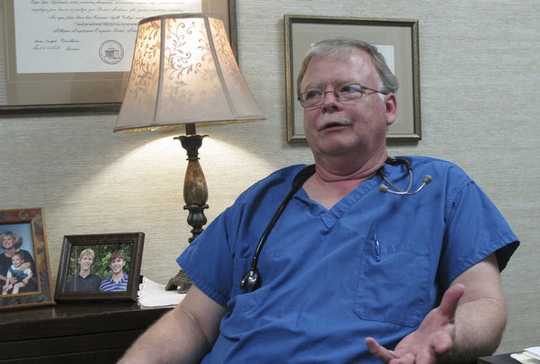
The are tremendous health disparities rural Americans face, in terms of both their own health and accessing care.
- By Jan Mutchler
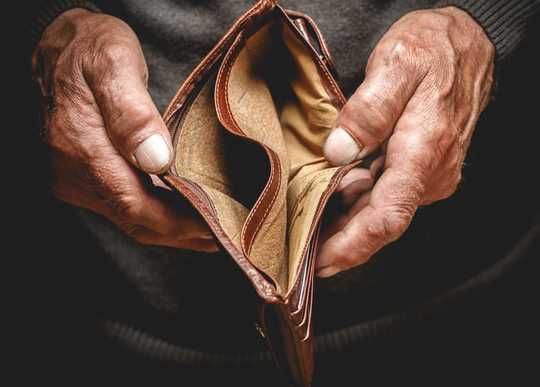 The U.S. population is aging at such a rate that within a few years, older Americans will outnumber the country’s children for the first time, according to census projections.
The U.S. population is aging at such a rate that within a few years, older Americans will outnumber the country’s children for the first time, according to census projections.
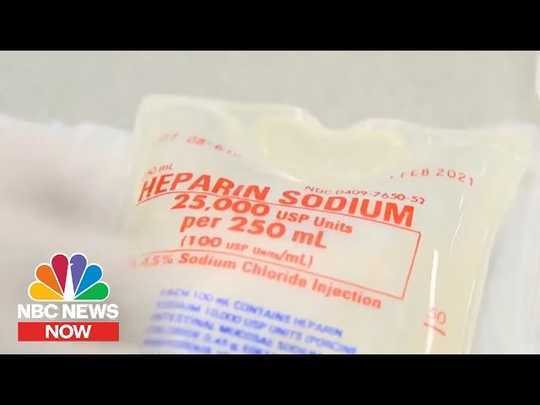
- By NBC News
NBC News’ speaks to doctors at Massachusetts General Hospital about how they are coping with drug shortages and the reason they think it is happening.
- By Sue Ishaq
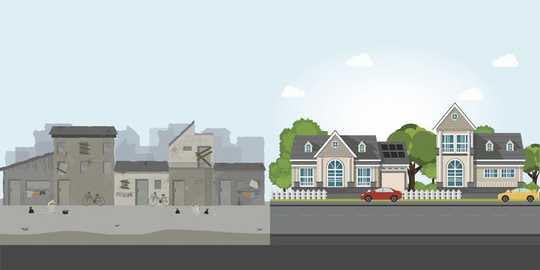
People worry about having access to clean water, power, health care and healthy foods because they are essential for survival. But do they ever think about their access to microbes?
- By Dana Goldman
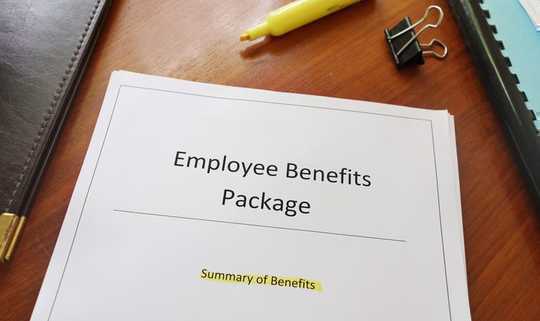
The Democratic presidential debates, which resume Sept. 12, have highlighted a deep disagreement over the future American health care system.
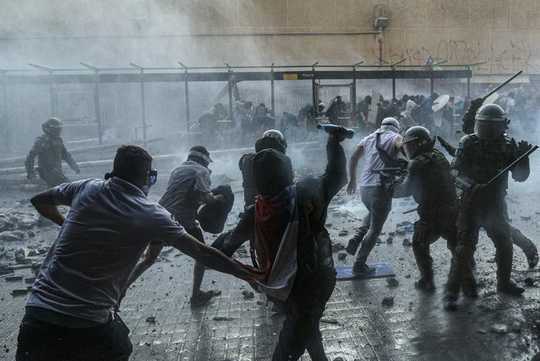
Numerous anti-government protests have paralyzed cities across the globe for months, from La Paz, Bolivia, to Santiago, Chile, and Monrovia, Liberia, to Beirut.
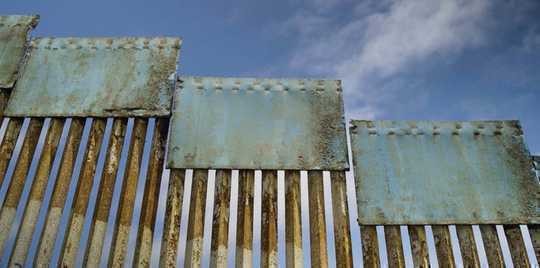
Once upon a time, not long ago, Mexicans dominated the flow of migrants coming to the U.S. Mexican migration expanded over the course of much of the 20th century and into the start of the 21st century.
- By Robert Massa
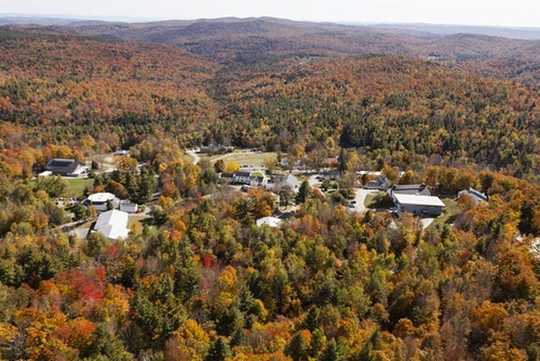
Cincinnati Christian College is one of a growing number of colleges and universities – 21 private colleges since 2016 – forced to close their doors for financial reasons. The trend has affected the public sector, too. At least 33 public colleges – including community colleges – have consolidated within their state systems or merged with other institutions since 2016.
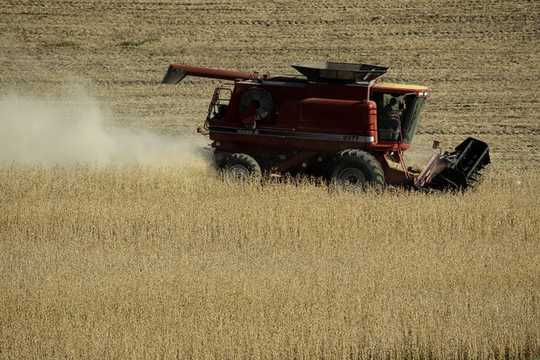
America’s farmers have borne the brunt of China’s retaliation in the trade war that President Donald Trump launched in 2018.
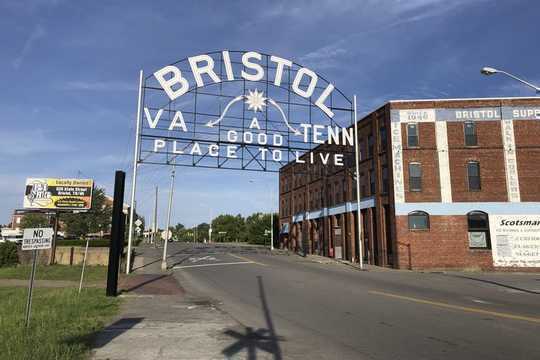
Presidential candidates and other politicians have talked about the rural health crisis in the U.S., but they are not telling rural Americans anything new.
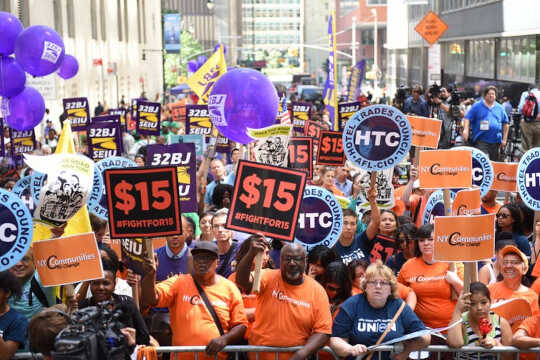
Critics would have you believe that upping the minimum wage in restaurants will lead to massive layoffs and closures. But since raising the minimum wageto US$15 per hour nearly a year ago, the restaurant industry in New York City has thrived.

Halloween spending is out of control. Americans are expected to spend US$8.8 billion on candy, costumes and decorations this year
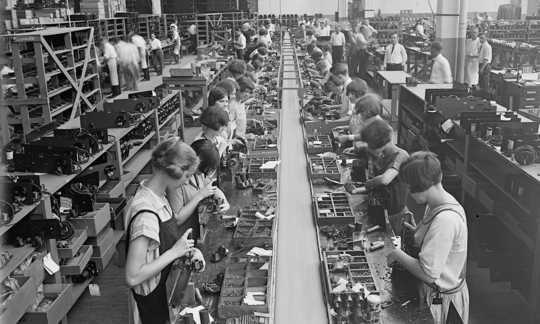
In 1930, a year into the Great Depression, John Maynard Keynes sat down to write about the economic possibilities of his grandchildren.














